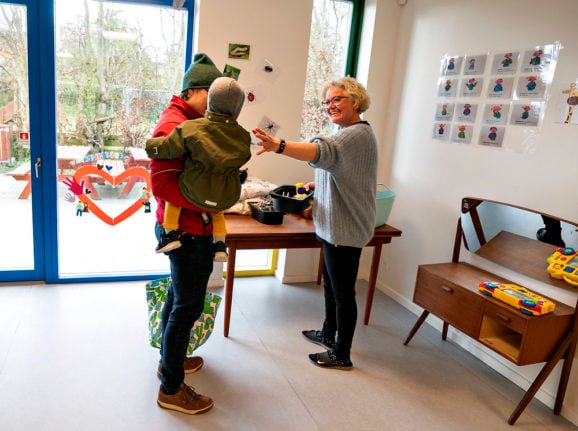The new phrase, coronabørn (literally, ‘corona children’), has emerged amongst child carers who have observed the difficulty young children have had adjusting to kindergartens in recent months.
The phase, which usually takes around two weeks, can now take up to three or four weeks, according to trade union publication Fagbladet Foa.
“Children are coming from homes where they have been more isolated and that has been a challenge,” said Elisa Rimpler, chairperson of the union for childcarers, Bupl.
Children are less used to being with people other than their parents because they were born during a crisis that limited outside contacts. That makes them likely to be more reserved when the enter kindergartens, according to Grete Kragh-Müller, a researcher at the Danish School of Education (DPU) in Aarhus.
“The sense of security that children can draw from the world being diverse and that there are other adults who want the best for the child and can do things the child thinks are funny – children aren’t getting that to the same extent right now. I see that as a clear limitation for the children,” Kragh-Müller told Fagbladet.
She added that, because children’s development is related to their experiences, she was not concerned about their long-term development.
READ ALSO: Danish government declines to close childcare but asks parents to keep small children at home



 Please whitelist us to continue reading.
Please whitelist us to continue reading.
Member comments